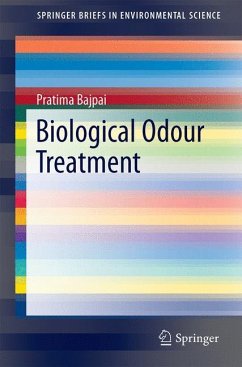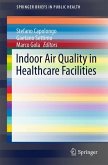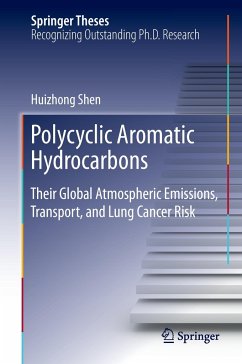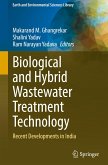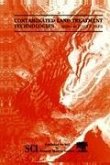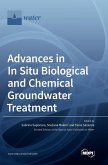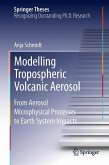Showcasing the very latest technologies for neutralising the unpleasant-and sometimes dangerous-odours from industrial and waste management processes, this Springer Brief in Environmental Sciences covers physical, chemical and biological methods. The volume includes modern biotechnological approaches now making it cost-effective to tackle malodorous chemicals at very small concentrations. The book reflects the fact that odour affects us in several ways, which range from compromising our quality of life to causing respiratory and other unpleasant conditions and from depressing property values to severe health problems caused by the toxic stimulants of odours.
Innumerable industrial processes release malodourous and harmful vapours. The human sense of smell can detect some noxious chemicals, such as the sulphurous by-products of paper manufacturing, at concentrations of one part per billion. This e-book shows what has been achieved in combating offensive and harmful odours. While conventional air pollution control technologies can treat a wide variety of pollutants at higher concentrations, the chapters cover the more refined biological methods used to deal with odours and volatile organic compounds in low concentrations. These include bio scrubbers and bio trickling filters. Standing alongside its detailed discussion of the health impacts of total reduced sulphur compounds, and the composition of paper pulp industry emissions, this publication offers comprehensive and in-depth treatment of some of the most potent anti-odour technologies yet devised.
Innumerable industrial processes release malodourous and harmful vapours. The human sense of smell can detect some noxious chemicals, such as the sulphurous by-products of paper manufacturing, at concentrations of one part per billion. This e-book shows what has been achieved in combating offensive and harmful odours. While conventional air pollution control technologies can treat a wide variety of pollutants at higher concentrations, the chapters cover the more refined biological methods used to deal with odours and volatile organic compounds in low concentrations. These include bio scrubbers and bio trickling filters. Standing alongside its detailed discussion of the health impacts of total reduced sulphur compounds, and the composition of paper pulp industry emissions, this publication offers comprehensive and in-depth treatment of some of the most potent anti-odour technologies yet devised.

